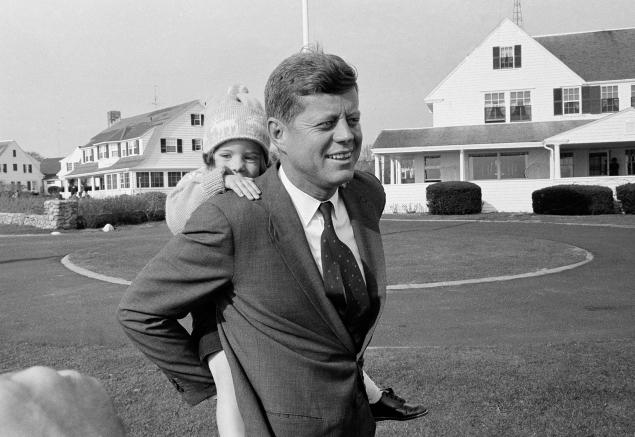John F Kennedy and Internet Freedom: a story of loss

By Emily Taylor
The TV is full of 50th anniversary tributes for John F Kennedy, whose murder 50 years ago remains a defining moment of the last century. Half a century later, we are all really from another outrage: the revelation of mass surveillance by countries who have advocated Internet freedom.
Kennedy’s freedom agenda
Kennedy was not just the golden boy of the early 60s. His brief Presidency also marked a flicker of hope for ending the Cold War, a feeble flame which guttered out with his passing. The threat of nuclear annihilation was real and the Bay of Pigs demonstrated how fragile the stand off was. Kennedy’s generation had first hand experience of fighting a World War which saw the disintegration of much of European and Asia Pacific society, values and infrastructure. Despite that, somehow Kennedy projected a genuine hope for peace, freedom and common humanity.
Words from Kennedy’s inaugural address resonate with the Internet freedom agenda:
” In the long history of the world, only a few generations have been granted the role of defending freedom in its hour of maximum danger. I do not shrink from this responsibility—I welcome it. I do not believe that any of us would exchange places with any other people or any other generation. The energy, the faith, the devotion which we bring to this endeavor will light our country and all who serve it—and the glow from that fire can truly light the world.”
That hope for a better world, lit up by the glow of freedom, is like the vision many had for how the Internet freedom could change the world for the better.
Mass surveillance: the betrayal of Internet freedom
After a week preparing to moderate a session at Internetdagarna on “Privacy on the net – Post Snowden”, I wonder where that energetic defence of Internet freedom went. The Snowden revelations, particularly the dragnet style mass surveillance allegedly undertaken by the US secret service, with full cooperation of the UK’s GCHQ as well as a number of European partners, has more in common with the excesses of the very regimes that Kennedy was defending freedom against.
At last month’s Internet Governance Forum, the anger at the United States’ “hypocrisy” was expressed most strongly by its friends, advocates for “Internet freedom”, the central concept of the now-discredited US Internet policy. Amongst the technical community, the idea (which some had already suspected) that the US had deliberately worked through bodies such as the Internet Engineering Task Force to weaken encryption standards is a betrayal – the likely motivation of the recent call by several Internet organisations to move the oversight of the domain name root away from the US government.
The revelations about the actions of the Free World’s security forces, that own goal in favour of those who want to repress dissenters, censor and lock down the net, are sickening enough on their own. But, like any bereavement, the pain will go on and on, as the impact of that catastrophic loss of moral authority on governance discussions plays out in the coming years.
What happens next?
The US Congress are reacting with anger, and there are bi-partisan proposals to reform oversight mechanisms for the security services. Meanwhile, in the UK and much of Europe, the response has been curiously muted. While US Congressmen are yelling at their security chiefs, the Parliamentary committee with oversight over the UK’s MI5, MI6 and GCHQ went through a pantomime of obsequious questioning which only pointed up the lack of any effective Parliamentary oversight or accountability.
The Kennedy anniversary is a poignant reminder of what has been lost. Maybe the younger generation will tell their children what they were doing when they realised there’s no such thing as Internet freedom.


